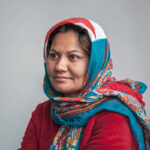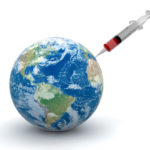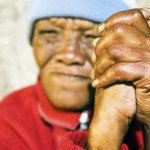
Alexis Low considers a meta-analysis which evaluates Self-Help Plus, a promising WHO intervention that could be scaled up to address the mental health needs of refugees and asylum seekers.
[read the full story...]
Alexis Low considers a meta-analysis which evaluates Self-Help Plus, a promising WHO intervention that could be scaled up to address the mental health needs of refugees and asylum seekers.
[read the full story...]
Ian Hamilton reports on an analysis of data from the World Mental Health Surveys, which estimates treatment coverage for people with substance use disorders.
[read the full story...]
My grandfather had a nearly religious conviction of the value of physical activity. No weekend was complete without a strenuous bout of outdoor exercise, regardless of the weather. New England gets cold and damp, and his five children would prepare themselves for winter excursions with some reluctance. ‘Healthy body, healthy mind!’ my grandfather would say, exhorting them [read the full story…]

In June this year The World Health Organisation (WHO) published a report, which highlighted violence against women as a ‘global health problem of epidemic proportions’. The report detailed the impact of violence on the physical and mental health of women and girls. This can range from broken bones to pregnancy-related complications, mental problems and impaired [read the full story…]

The WHO World Health Survey is a comprehensive international survey carried out across 70 countries, which uses face-to-face, telephone and online interviews to ask questions about the health of populations, public health risk factors, coverage and availability of health services and health care spending. The survey includes a number of questions relating to mental health [read the full story…]

The World Health Organization’s Mental Health Gap Action Programme (mhGAP) aims to tackle mental, neurological and substance use disorders in low- and middle-income countries. 14% of the global burden of disease is made up by these disorders and many people do not have access to the treatments they need. The programme asserts that with proper [read the full story…]